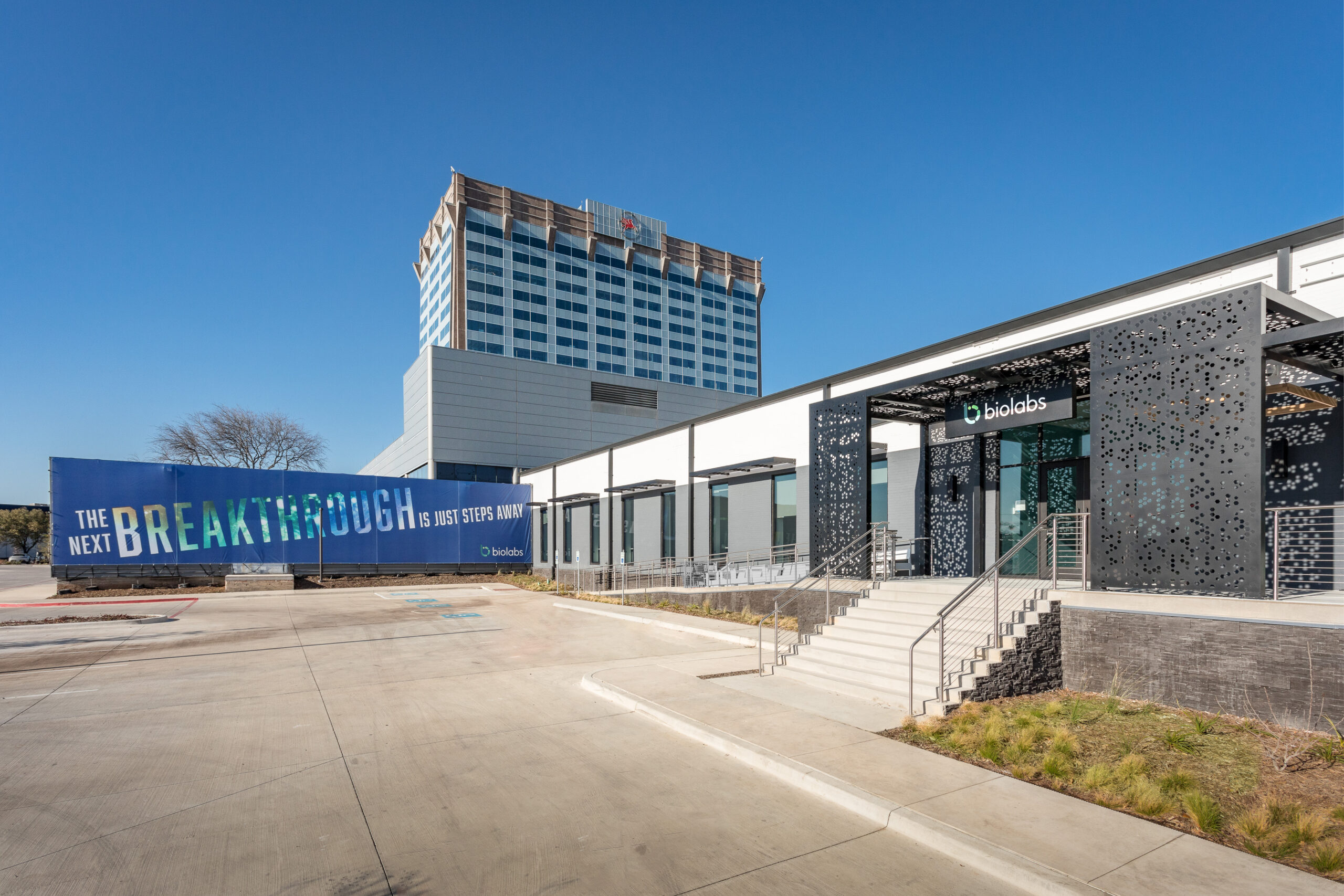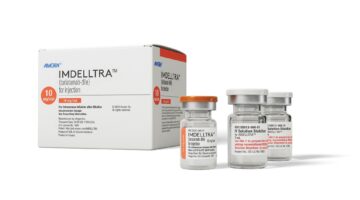A molecular diagnostic testing company has received $55,000 from a Pennsylvania economic development agency to develop a test to determine a patient’s risk for esophageal cancer if they have Barrett’s esophagus.
The company is collaborating with Geisinger Health System on the test. Ben Franklin Technology Partners of Northeastern Pennsylvania has invested a total of $100,000 in Cernostics since 2009.
Once the company has completed development for the esophageal cancer risk test, it will be commercialized through its clinical reference laboratory. The test will be initially be offered to physicians and hospitals in the United States before reviewing additional markets, a spokesperson for the company said.

BioLabs Pegasus Park Cultivates Life Science Ecosystem
Gabby Everett, the site director for BioLabs Pegasus Park, offered a tour of the space and shared some examples of why early-stage life science companies should choose North Texas.
The Danville, Pennsylvania company said the reason why its test is significant is that current endoscopic tests may fail to detect dysplasia. According to the company, half of the patients first diagnosed with esophageal cancer were negative for dysplasia on their previous endoscopy procedure.
Esophageal cancer has one of the highest mortality rates among cancers, and 13,000 new cases are diagnosed in the United States each year. Risk stratification is difficult for clinicians. Also, many biopsy results for Barrett’s esophagus are reported as indefinite, leading to uncertainty in risk for developing cancer, the spokesperson said. Last year, a research group from the Perelman School of Medicine at the University of Pennsylvania shared an $8 million National Cancer Institute grant with researchers from the Mayo Clinic and Columbia University to better understand the causes of Barrett’s esophagus and esophageal cancer.
Cernostics spun out of Cellumen, a Pittsburgh-based life science company, in 2010. The foundational technology of the company was developed in-house and is expected to have broad applicability across multiple cancer types.












